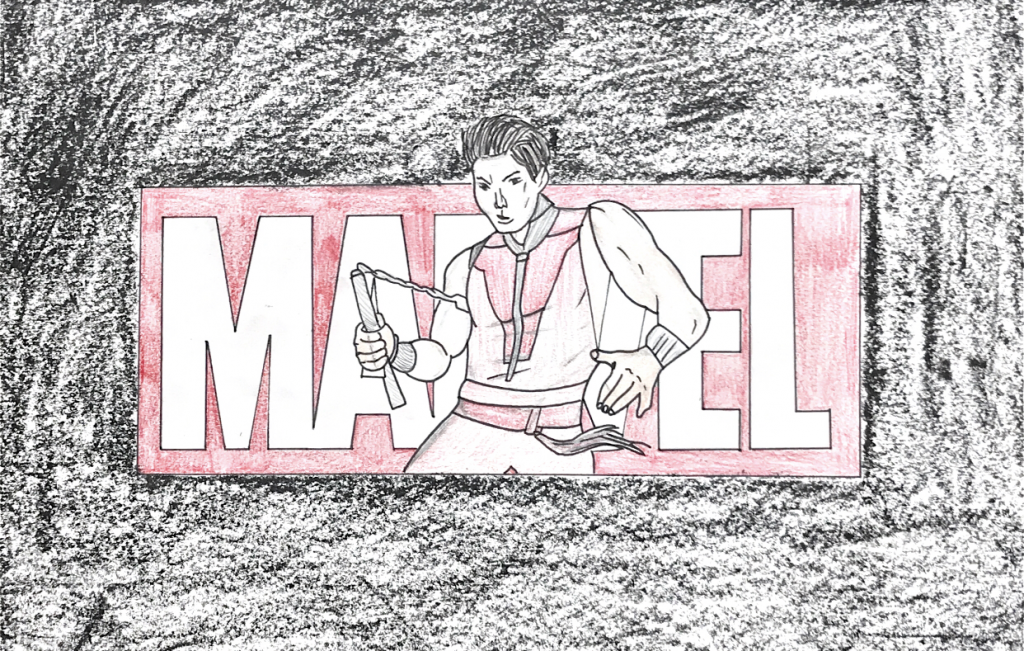One moment, you see two Asian superheroes discussing the Qingming Festival over rice porridge for breakfast. The next, you see them belting out the melody of “Hotel California” at karaoke. Talk about Asian American!
Released on September 3, 2021, Shang-Chi and the Ten Rings is Marvel’s latest movie, and the first to feature an Asian American protagonist. It follows Shang-Chi (Simu Liu) and his best friend Katy (Awkwafina) in an effort to reunite with his sister Xialing (Meng’er Zhang) and prevent their grief-stricken father (Tony Leung) from destroying an entire community for revenge.
There were crushing concerns that an Asian-led Marvel movie would not sell as well as others, but Shang-Chi made $71.4 million within it’s first three days. It thus surpassed the record for a Labor Day weekend opening. That $71.4 million is more than just a record-breaker, however. It marks the beginning of a brighter future for Asian Americans in the MCU. Shang-Chi’s success proved to Marvel’s heads that Asian American stories can sell just as well as white American stories.
Not only is Shang-Chi revolutionary for Marvel, but it is also very meaningful for many Asians and Asian Americans as well. It is not often that Asian Americans can see a likable superhero on screen who looks like them. Details like the ambiguity of dealing with two identities (Asian and American) or the theme of filial piety in the movie helped Asian American viewers feel more seen while watching the film. One student at Ridgewood High School, Haebin Park, said she was happy that “Marvel has made a film of an Asian hero,” describing the second half of the movie as “mythical fantasy with an emphasis on Chinese folklore.” She recommends watching it over the weekend with family for those who haven’t watched it yet.
Shang-Chi is in no way perfect representation, laced with subtle stereotyping such as the yellow peril or the academically gifted Asian. It will also not stop Asian hate crimes, such as the mass shooting in three Atlanta spas last March. However, those crimes, especially ones inspired by the pandemic, stem from a lack of understanding of Asian and especially Chinese cultures. Good representation not only allows the oppressed to feel seen but teaches the oppressors about other cultures in a way that is more easily digestible than other methods. Shang-Chi may not be a sharp turning point, but it represents an important step in the gradual process of fighting Asian hate.
Harin Jeong
Staff Writer
Graphic: Haebin Park

